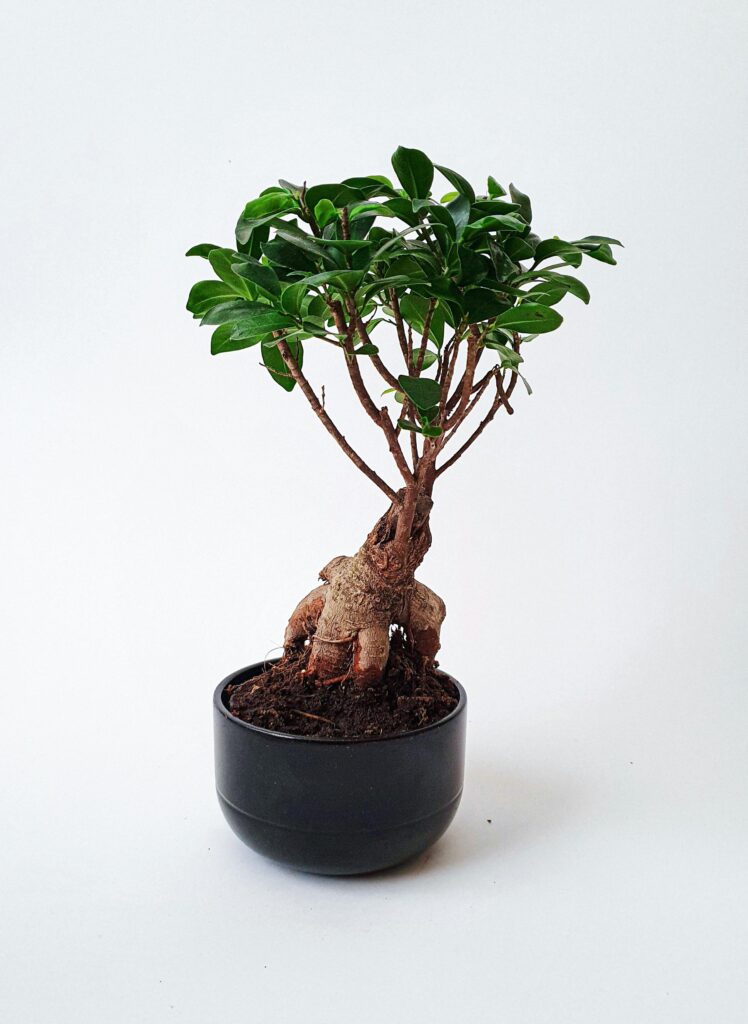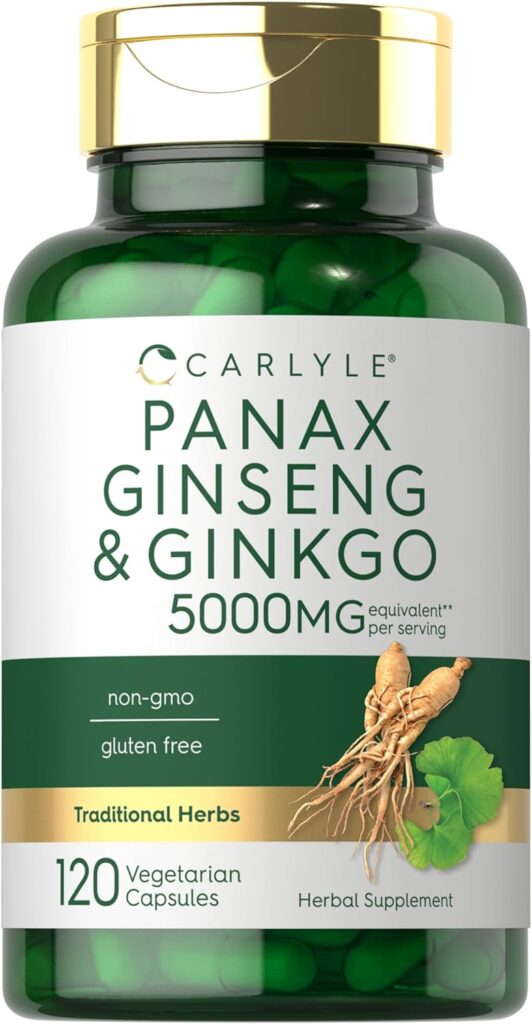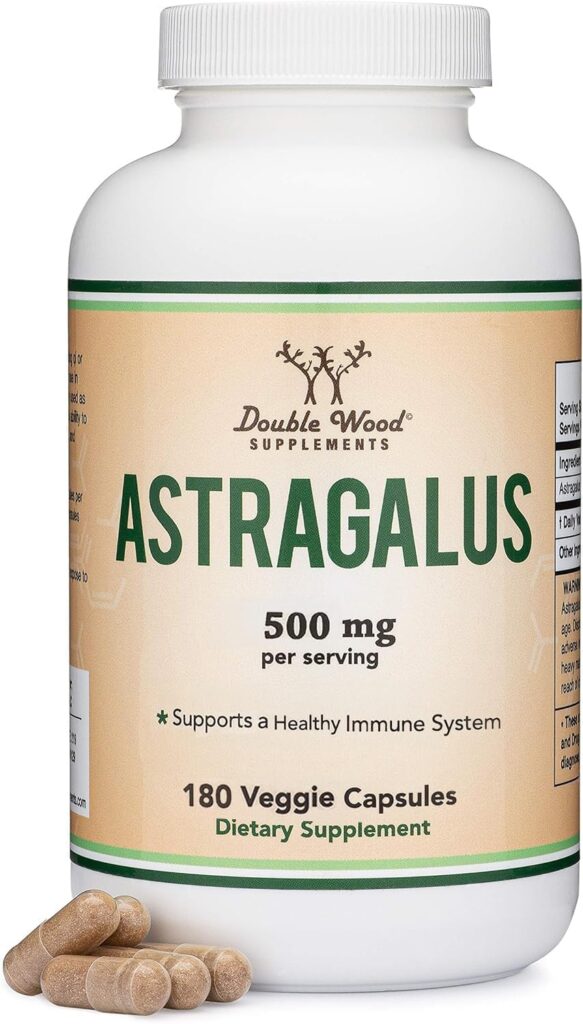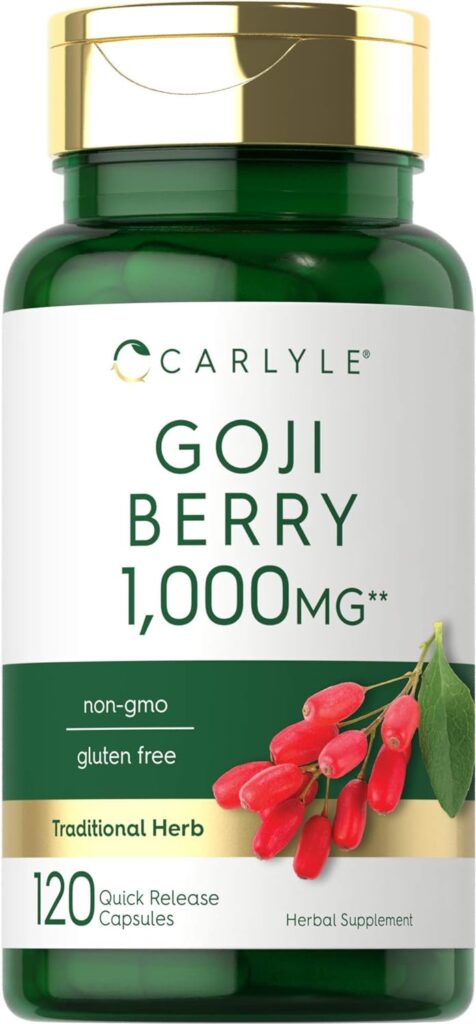
Overview of Traditional Chinese Medicine
Traditional Chinese Medicine (TCM) is a comprehensive medical system that has been practiced in China for thousands of years. It encompasses various practices, including acupuncture, herbal medicine, dietary therapy, Tai Chi, and Qigong. TCM is based on the concept of balancing the body’s vital energy, known as Qi (pronounced “chee”), which flows through pathways called meridians. The primary goal of TCM is to achieve harmony within the body, mind, and environment, thereby preventing and treating illness.
The principles of TCM revolve around the theories of Yin and Yang, the Five Elements (Wood, Fire, Earth, Metal, and Water), and the vital substances (Qi, Blood, Body Fluids, Essence, and Spirit). These theories provide a framework for understanding the body’s functioning and the root causes of diseases. In TCM, health is seen as a state of balance, while illness is considered a manifestation of imbalance or blockage in the flow of Qi.
Role of Herbs in TCM

Herbs play a central role in TCM and are used to restore balance, boost immunity, and treat a wide range of health conditions. TCM herbal medicine involves using natural substances, including plants, minerals, and animal products, to create formulas tailored to individual needs. These formulas are often complex combinations of multiple herbs, each selected for its specific therapeutic properties and synergistic effects.
TCM practitioners believe that herbs can influence the body’s energy systems and promote healing by:
- Nourishing Vital Substances: Herbs can replenish Qi, Blood, and other vital substances.
- Regulating Organ Function: Different herbs target specific organs and help regulate their functions.
- Clearing Toxins: Many herbs have detoxifying properties that help eliminate toxins from the body.
- Balancing Yin and Yang: Herbs can restore the balance between Yin and Yang, ensuring overall harmony in the body.
Commonly Used TCM Herbs
Ginseng (Ren Shen)

Ginseng is one of the most well-known and widely used herbs in TCM. It is valued for its adaptogenic properties, which help the body cope with stress and restore balance.
- Benefits: Ginseng is known to boost energy levels, enhance cognitive function, strengthen the immune system, and improve overall vitality.
- Usage: Ginseng can be consumed as a tea, in powdered form, or as a supplement.
- Affiliate Link: Buy Ginseng Supplements
Astragalus (Huang Qi)

Astragalus is a potent herb used in TCM for its immune-boosting and anti-inflammatory properties. It is often included in formulas to strengthen Qi and support overall health.
- Benefits: Astragalus helps boost the immune system, reduce inflammation, improve heart health, and enhance energy levels.
- Usage: Astragalus can be taken as a tea, tincture, or supplement.
- Affiliate Link: Buy Astragalus Supplements
Goji Berries (Gou Qi Zi)

Goji Berries are nutrient-dense fruits that have been used in TCM for centuries to promote longevity and improve overall health.
- Benefits: Goji berries are rich in antioxidants, vitamins, and minerals. They help boost the immune system, improve vision, support liver function, and enhance skin health.
- Usage: Goji berries can be eaten raw, added to smoothies, or consumed as a tea.
- Affiliate Link: Buy Goji Berries
How to Use TCM Herbs Safely and Effectively
To use TCM herbs safely and effectively, it’s essential to follow these guidelines:
- Consult a TCM Practitioner: Always consult with a qualified TCM practitioner to get a proper diagnosis and personalized treatment plan. TCM practitioners can recommend the right herbs and formulas based on your specific condition and constitution.
- Follow Dosage Instructions: Adhere to the recommended dosages provided by your practitioner or the product label. Overuse or misuse of herbs can lead to adverse effects.
- Use Quality Products: Ensure you purchase high-quality, reputable herbal products. Look for products that are tested for purity and potency.
- Be Aware of Interactions: Some TCM herbs may interact with medications or other supplements. Inform your healthcare provider about all the herbs and medications you are taking.
- Monitor Your Response: Pay attention to how your body responds to the herbs. If you experience any adverse effects, discontinue use and consult your practitioner.
Modern Applications and Research on TCM Herbs

The use of TCM herbs has expanded beyond traditional practices, with modern research exploring their therapeutic potential. Several studies have investigated the efficacy of TCM herbs in treating various health conditions:
- Ginseng: Research published in the Journal of Ginseng Research highlights the adaptogenic and neuroprotective effects of ginseng, demonstrating its potential to improve cognitive function and reduce stress.
- Astragalus: A study in the Journal of Ethnopharmacology found that astragalus has significant immunomodulatory and anti-inflammatory properties, making it beneficial for enhancing immune function and reducing inflammation.
- Goji Berries: Research published in the Journal of Alternative and Complementary Medicine indicates that goji berries have antioxidant and anti-aging properties, supporting their use in promoting overall health and longevity.
Modern applications of TCM herbs also include their integration into dietary supplements, functional foods, and skincare products, providing convenient ways to incorporate their benefits into daily life.
Conclusion and Recap of the Week’s Topics
Traditional Chinese Medicine (TCM) offers a holistic approach to health and wellness, with herbs playing a crucial role in restoring balance and promoting healing. By understanding and incorporating commonly used TCM herbs like ginseng, astragalus, and goji berries, you can harness the ancient wisdom of TCM to improve your health naturally. Always consult with a qualified practitioner and follow safe usage guidelines to maximize the benefits of TCM herbs.
This week, we explored various topics in natural health, including herbal remedies for inflammation, acupuncture for pain relief, Ayurvedic treatments, and TCM herbs. Each of these modalities offers unique benefits and insights into achieving holistic well-being.
References
- Kim, J. H., Yi, Y. S., Kim, M. Y., & Cho, J. Y. (2017). Role of ginsenosides, the main active components of Panax ginseng, in inflammatory responses and diseases. Journal of Ginseng Research, 41(4), 435-443.
- Block, K. I., Mead, M. N., & Campbell, A. (2009). Immune system effects of echinacea, ginseng, and astragalus: A review. Journal of Ethnopharmacology, 125(2), 229-240.
- Amagase, H., & Nance, D. M. (2008). A randomized, double-blind, placebo-controlled, clinical study of the general effects of a standardized Lycium barbarum (goji) juice, GoChi. Journal of Alternative and Complementary Medicine, 14(4), 403-412.




Leave a Reply